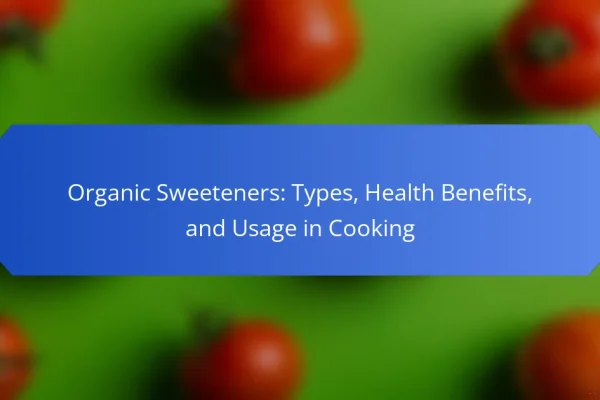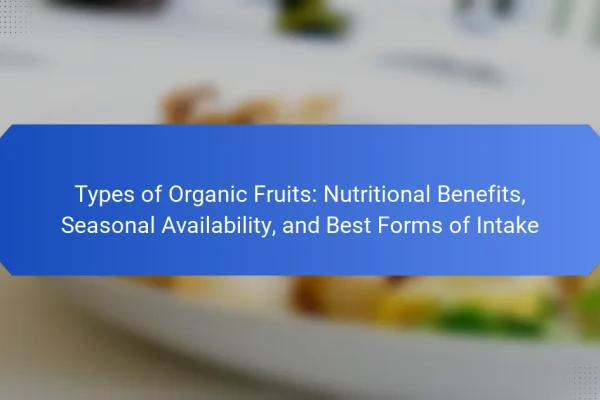
Organic Legumes: Nutritional Content, Cooking Methods, and Health Benefits
Organic legumes, including beans, lentils, peas, and chickpeas, are plant-based foods cultivated without synthetic pesticides or fertilizers. These legumes are nutrient-dense, offering high levels of protein, fiber, vitamins, and minerals, which contribute to a balanced diet and support overall health. Research highlights their potential to reduce the risk of chronic diseases, such as heart disease…








